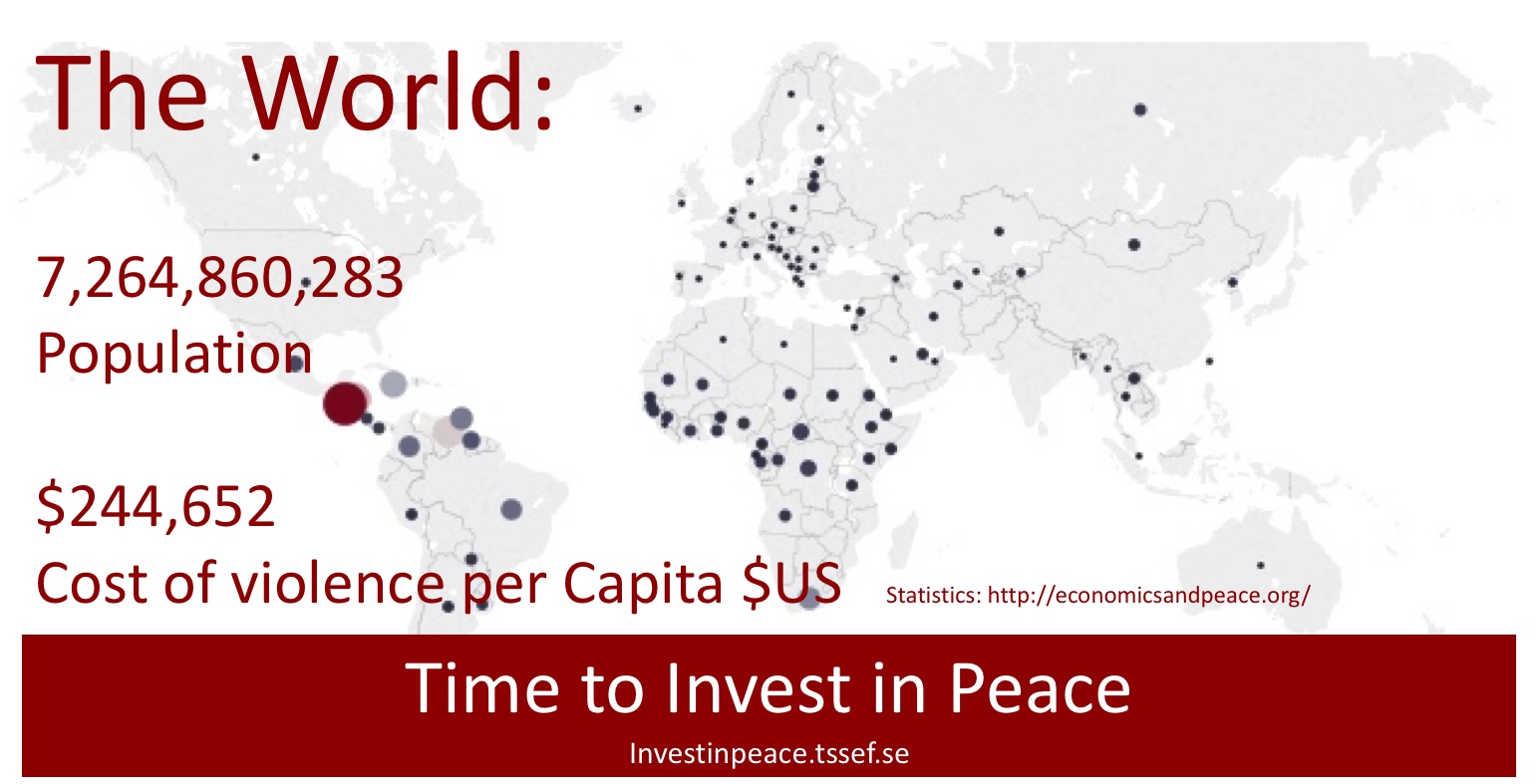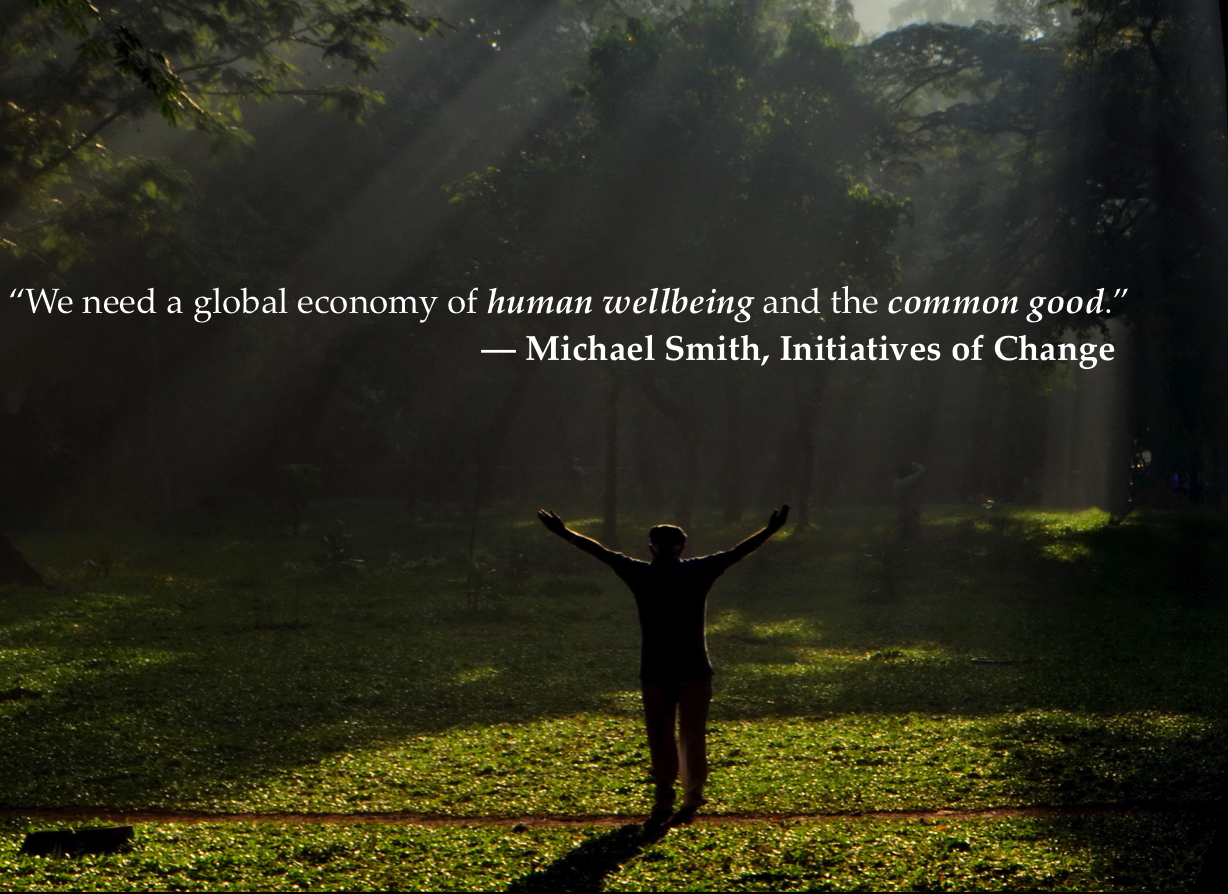
Most people may have heard of the Sustainable Development Goals. Agreed within the United Nations on September 25th 2015, countries adopted a set of goals to end poverty, protect the planet, and ensure prosperity for all as part of a new sustainable development agenda. Each goal has specific targets to be achieved over the next 15 years. The United Nations encourages everyone to do their part to reach the goals: governments, the private sector and civil society.
Invest in Peace believes Goal 16 is the most important to focus on.
Without peace there can be no development, and without development, there is unlikely to be peace. Each of the 16 other Goals can contribute to peace as in turn peace contributes towards prosperity.
According to the Institute for Economics and Peace:
High levels of violence impact economic development by reducing foreign direct investment and broader macroeconomics such as interest rates and national productivity.
This directly affects poverty, life expectancy and educational outcomes, as well as indicators that are essential for long term development, such as infant mortality and access to services. Goal 16 measures everyday interpersonal violence, which affects all 163 countries through detrimental social and economic impact.
The conflict trap
Nations affected by armed conflict suffer what’s known as a ‘conflict trap’. This occurs when the impact of conflict further increases the risk factors associated with conflict. For example, low socio-economic development can support conditions that create violence, but it is also a consequence of violence.
Countries with weak institutions are more vulnerable to conflict, as they do not have an effective means for conflict resolution. In 2016, global losses from conflict were estimated to be $14.3 trillion (PPP).
As the diagram at the top illustrates, there are 16 dimensions requiring urgent analysis – between the goal of peace and the other 16 goals. Each of these dimensions could potentially be influenced by economic factors which in turn can come from reforming the economic system through the implementation of stabilizing factors such as dividend-bearing climate fees.
The economic system should be treated as a system. Systems can be designed and run to perform to requirements. An economic system with various control points and feedback loops can serve humanity by ensuring that the better challenges are solved, the better it pays everyone in the system.
We believe we should explore how financial incentives can be implemented to create societies where it pays to fulfill the global goals and build peace. In other words, we are calling for a system upgrade, where it pays all actors better in the economic system to act responsibly, fairly and sustainably.
The model requires the economic system to be completely aligned with, and serve, human values and needs. Fortunately, advances in engineering using digital systems to control performance, and the spreading digital economy, allow this next leap to happen. Breakthrough developments in Market-Based Instruments that work as actuators in complex systems, relying on information and feedbacks to citizens, like Climate Dividends, provide the potential for completely new approaches to governance through financial steering.
The Sustainable Development Goals, with peace as the main focus, will provide good guidance for how to set such a system up.
 Goal 16 – the ‘Peace Goal’ – is part of the Sustainable Development Goal framework. It is an important recognition that peace is essential for development, as much as development is essential to peace. However, having a goal is only the first step. We need to ensure that Goal 16 is measured, and that concrete steps are taken towards its achievement all the while holding Governments to account.
Goal 16 – the ‘Peace Goal’ – is part of the Sustainable Development Goal framework. It is an important recognition that peace is essential for development, as much as development is essential to peace. However, having a goal is only the first step. We need to ensure that Goal 16 is measured, and that concrete steps are taken towards its achievement all the while holding Governments to account.
